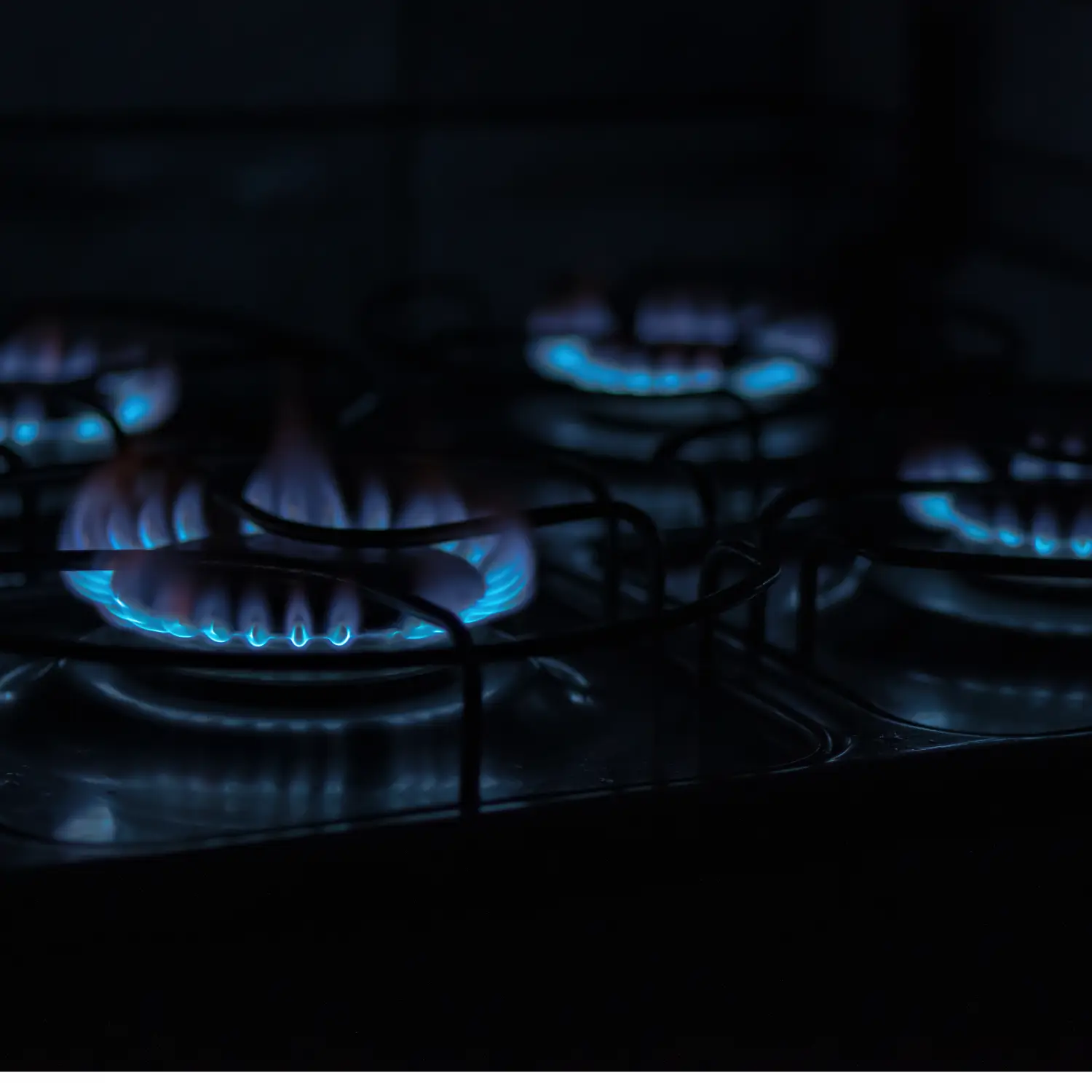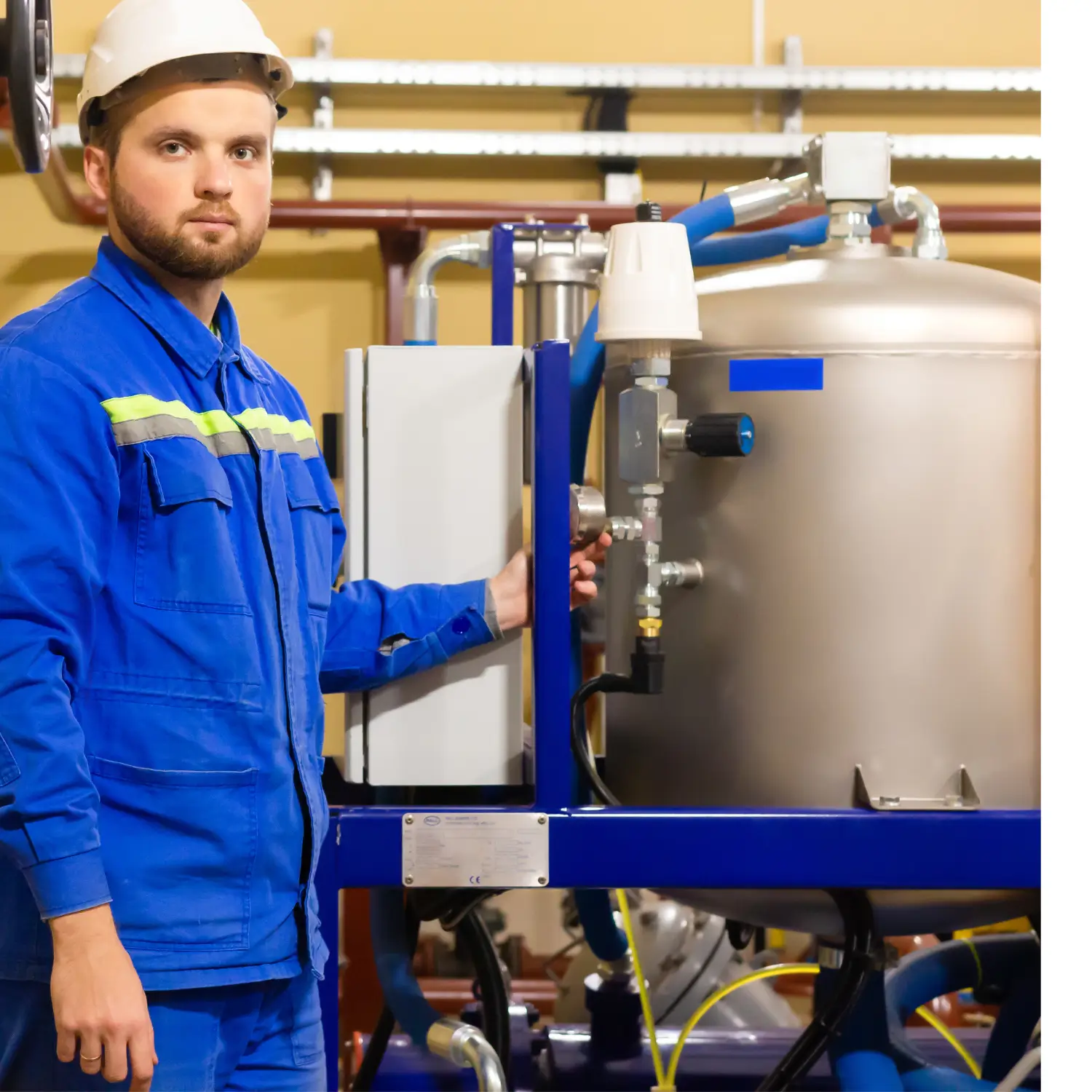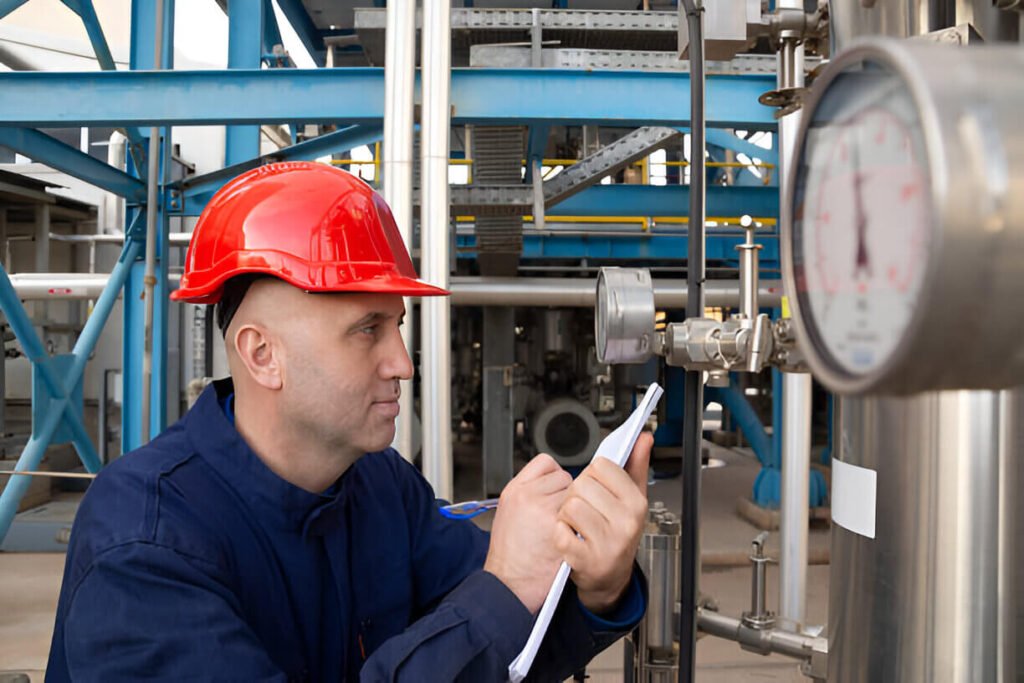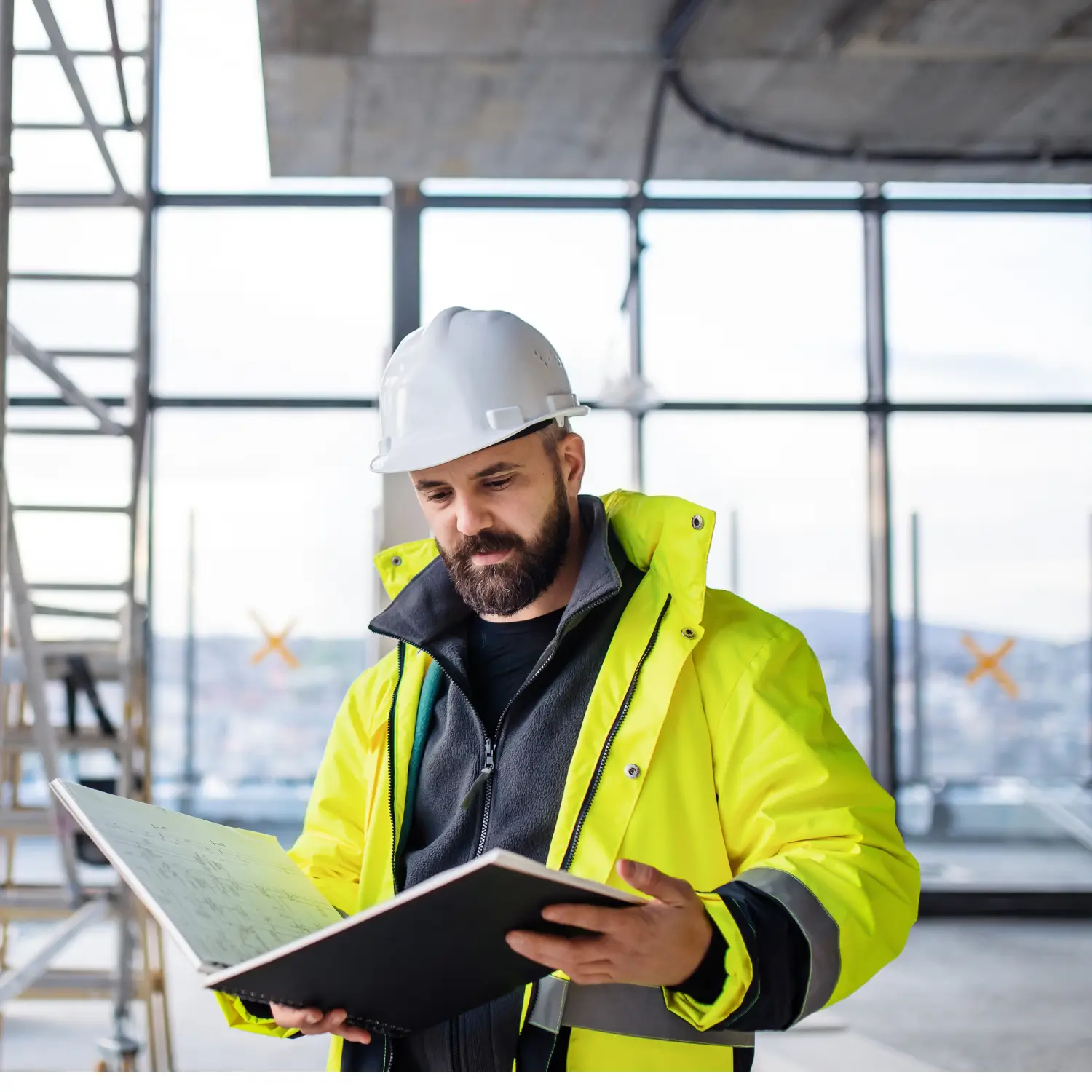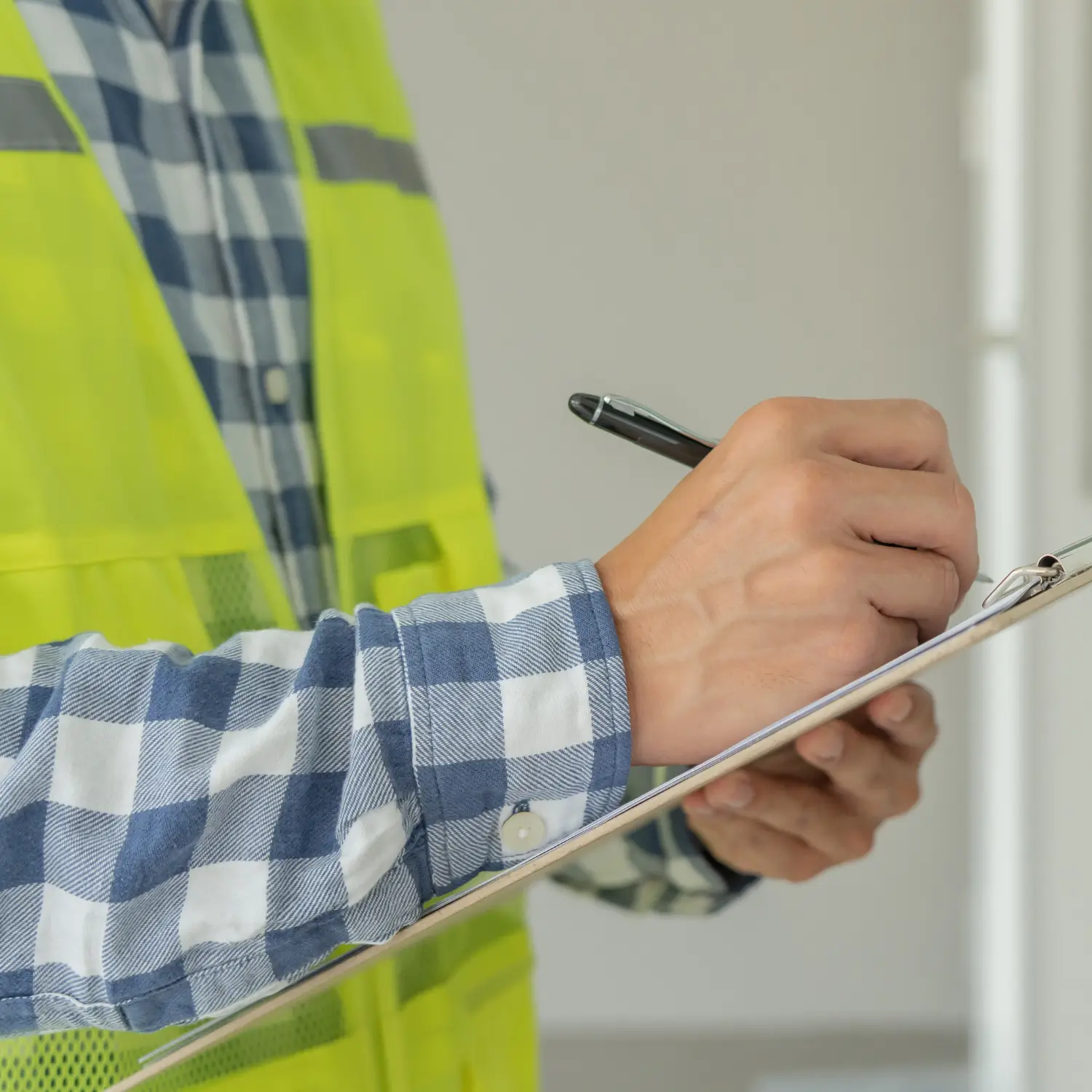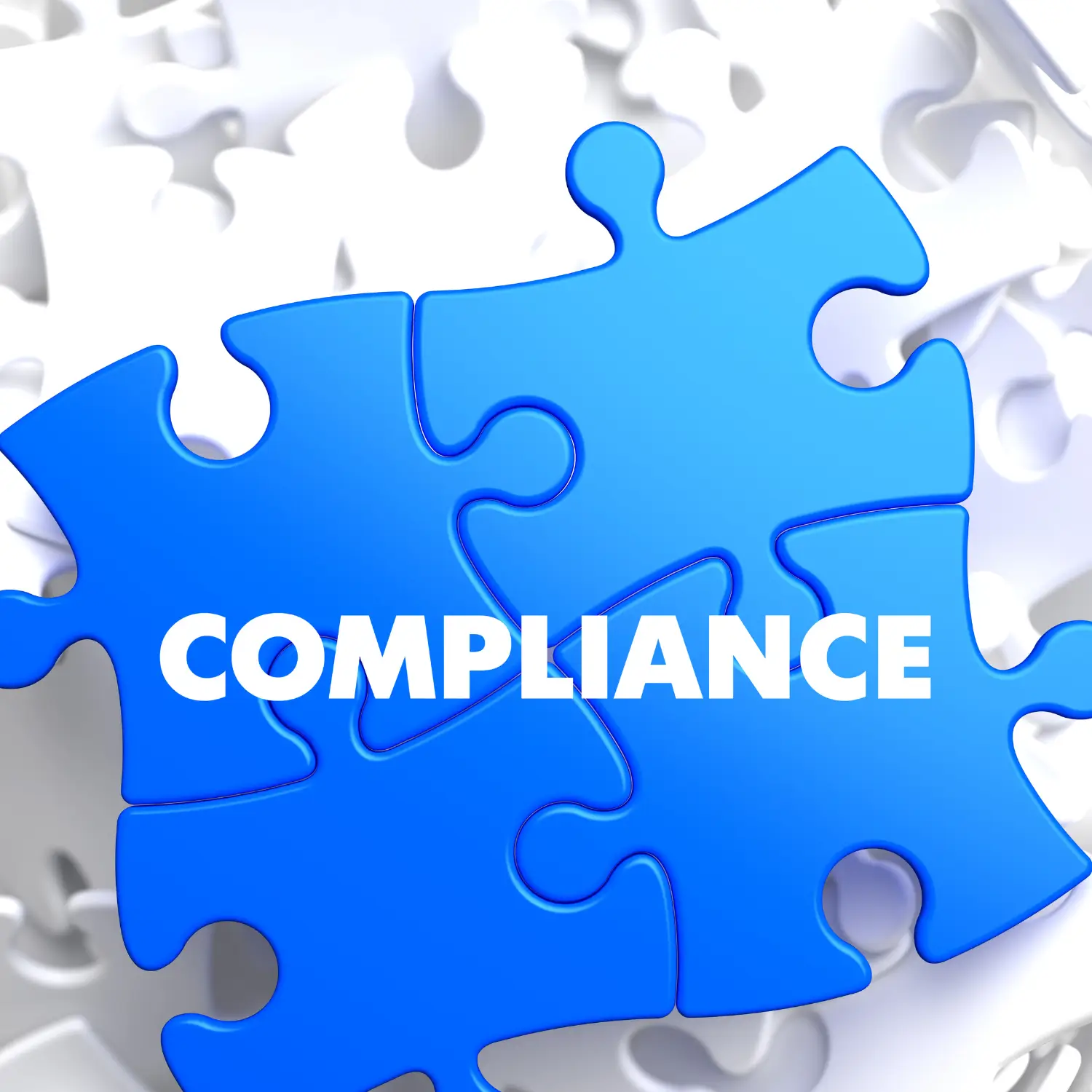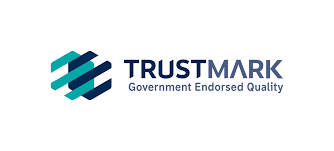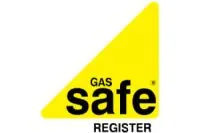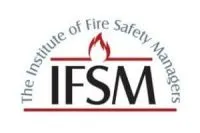Ensuring Your Safety with
Excellence in Gas Certification
Secure your peace of mind today with a London Safety Certificate. Contact us now to schedule your professional gas safety check and experience our swift, reliable service tailored for West London.
ONLY £47.99
FOR 1 Appliance & Meter
* All inclusive (No hidden Cost)
* Limited time offer upto 2 weeks from now

Gas Safety Certificates in West London: Regulatory Requirements and Importance for Landlords
Securing a Gas Safety Certificate in West London is mandatory for landlords, ensuring compliance with the Gas Safety (Installation and Use) Regulations 1998. This certificate, which must be renewed annually, verifies that all gas appliances, installations, and supply systems in rental properties meet stringent safety standards. Landlords must engage a certified gas-safe engineer to conduct detailed inspections, focusing on operational safety, appropriate ventilation, and emergency shut-off mechanisms. Non-compliance can lead to severe penalties, underlining the importance of adherence to these regulations. Exploring further outlines the critical steps towards compliance and the implications of failing to meet these legal requirements.
London Safety Certificate specialises in offering comprehensive Gas Safety Certificates in West London, catering to the needs of landlords and homeowners to ensure their gas installations meet stringent safety standards. With over 12 years of expertise, the business prides itself on its team of certified and accredited engineers who deliver thorough and professional service. Recognised for its quick turnaround and competitive pricing without hidden fees, the London Safety Certificate is highly rated by clients for its reliability and meticulous attention to detail, which upholds its core values of reliability, professionalism, and trustworthiness. Whether for residential or commercial properties, they are a trusted provider ensuring safety and compliance with all regulatory requirements.

HOW CAN WE HELP
At London Safety Certificate, we specialise in providing comprehensive Gas Safety Certificates across West London, ensuring that your residential or commercial properties comply with current gas safety regulations. Our certified and experienced professionals are committed to delivering reliable, professional, and trustworthy services, focusing on thorough inspections and precise assessments of all gas appliances and connections. By choosing us, you safeguard your environment, meet legal requirements, and gain peace of mind, knowing that your gas systems are certified safe and operational. Whether you are a landlord, a homeowner, or managing a business facility, we are here to assist you in maintaining the highest gas safety standards.
Book Now
WHY US
When seeking a Gas Safety Certificate in London, choosing the London Safety Certificate assures you of unparalleled professionalism and reliability. With over a decade of specialised experience, our team of certified and accredited engineers is committed to swift service delivery without compromising thoroughness or quality. We stand out for our competitive, transparent pricing and free of hidden costs. Highly rated for our expertise, we adhere to core values of reliability, professionalism, and trustworthiness, ensuring that every inspection meets stringent safety standards. Serving West London, we are a top choice for landlords and homeowners who prioritise safety and compliance.
Book NowUnderstanding Gas Safety Certificates
A Gas Safety Certificate, also known as a Gas Safety Record, is an official document that confirms a gas installation has been tested and found compliant with safety standards. This certificate is pivotal in ensuring that all gas appliances, pipework, and flues function safely under the current installation standards, thus safeguarding occupants from potential hazards such as gas leaks and carbon monoxide poisoning.
Issuing a Gas Safety Certificate necessitates a thorough risk assessment by a certified professional. This assessment includes a detailed examination of appliance maintenance status, the integrity of gas connections, and the effectiveness of emergency procedures. To mitigate risks associated with faulty gas systems, it adheres strictly to the latest safety regulations and installation standards.
Understanding the responsibilities entailed in the certificate is crucial for both homeowners and tenants. Homeowner obligations primarily involve ensuring that annual safety checks are conducted by accredited personnel and that the property maintains compliance with all safety norms.
On the other hand, tenant responsibilities include promptly reporting any suspected gas leaks or faults in appliance operation.
Safety training also plays a critical role in preventing gas-related incidents. Such training ensures that individuals know how to act in a gas emergency and are informed about the regular appliance maintenance required to prevent hazardous situations.
In essence, a Gas Safety Certificate is not merely a compliance document but a cornerstone of preventive strategy in residential and commercial properties, ensuring safety and awareness at all levels of occupancy and management.
Choosing a Qualified Gas Engineer
Selecting a qualified gas engineer ensures compliance with stringent safety standards and regulations. This choice impacts the safety and functionality of gas installations and ensures that all work adheres to local and national legal requirements.
When choosing a professional, it’s imperative to consider a combination of certification, experience, and proven customer satisfaction.
When evaluating potential engineers, consider these critical factors:
Certification and Training
Ensure the engineer holds valid gas engineer qualifications and has undergone comprehensive gas safety training. Certifications from recognised bodies such as the Gas Safe Register are non-negotiable to perform gas work legally.
Experience and Past Work
The importance of experience cannot be overstated. An experienced engineer will likely handle unexpected challenges more efficiently. Reviewing past work provides insights into their capability and adaptability in different scenarios.
Feedback and Recommendations
Assessing customer feedback and seeking local recommendations are invaluable. This step affirms their reputation and provides a glimpse into their reliability and customer service quality.
Further, verifying engineer credentials rigorously is a must. It’s about ensuring they are certified gas engineers and reviewing their professional history for any red flags or commendations. Additionally, ensuring insurance coverage is in place protects against potential liabilities. Choosing professionals wisely involves a detailed review of their qualifications and a deep dive into their professional demeanour and ethical standards.
Legal Requirements in West London
Building on the importance of Gas Safety Certificates, it is imperative to understand the specific legal requirements governing their issuance and compliance in West London. These statutory obligations are designed to ensure the safety and well-being of inhabitants by regulating the installation, maintenance, and inspection of gas systems in residential and commercial facilities.
These legal obligations are stringent for landlords. They must ensure that all gas appliances, pipework, and flues in rented properties are safe, a mandate enforced through annual safety checks conducted by a qualified engineer. The documentation from these checks must be provided to tenants within 28 days of completion or to new tenants before they move in.
Failure to comply can result in substantial penalties, including fines and imprisonment, highlighting the critical nature of adherence to these regulations.
Tenant rights are also prominently protected under these legal frameworks. Tenants must have immediate access to up-to-date gas safety documentation, which empowers them with knowledge of their living environment’s safety status. They are also entitled to request repairs or improvements to ensure compliance with gas appliance regulations, enhancing their safety.
Furthermore, commercial facilities must adhere to specific gas safety protocols, including regular service intervals and emergency procedures to tackle gas-related hazards. These establishments are scrutinised to maintain rigorous documentation requirements detailing all actions to comply with safety standards.
In essence, the legal landscape in West London mandates a proactive approach to gas safety. It encompasses a comprehensive spectrum from landlord responsibilities to tenant rights, governed by a regulatory framework to prevent gas-related incidents.
Book nowChoosing Certified Providers
Selecting certified providers for gas safety inspections and certifications is paramount for landlords seeking to uphold regulatory standards and ensure tenant safety. This selection process must emphasise technical expertise, meticulous attention to detail, and unwavering commitment to regulatory compliance.
Landlords must diligently verify technicians’ registration with the Gas Safe Register, ensuring that only certified technicians perform gas inspections. This verification is a crucial compliance check that safeguards the property owner and the tenants.
Service availability is another critical factor; providers should offer flexible scheduling options to accommodate landlords’ urgent needs, particularly under emergency protocols. These providers must also demonstrate a proven track record through customer feedback and service reviews, which offer insights into the reliability and quality of their service.
When choosing a provider, consider the following to evoke a strong sense of security and trust:

Technician Qualifications
Ensure all technicians are registered and regularly trained in the latest safety standards and emergency protocols.
Book Now
Comprehensive Compliance Checks
Opt for providers who conduct thorough inspections and provide detailed reports that meet all regulatory requirements.

Positive Customer Feedback
Choose providers with high service review ratings, which indicate their commitment to excellence and customer satisfaction.
Book NowThe Inspection Process Detailed
Having chosen a qualified gas engineer, the next step is to understand the comprehensive inspection process they will undertake. This process is integral to ensuring the safety and compliance of gas installations on any property.
The inspection starts with the gas engineer reviewing the installation against a detailed inspection checklist. This checklist is aligned with the latest safety standards and regulatory requirements. It covers various aspects, including all gas appliances’ operational integrity and safety features.
The frequency of these inspections is determined by the type of appliance, usage patterns, and industry guidelines, ensuring that all potential risks are assessed regularly.
Technician qualifications are crucial; engineers must have certifications that affirm their expertise in handling gas safety checks. This includes registering with a recognised body and ensuring they are updated with current safety regulations and procedures.
During the inspection, the engineer will test appliances for leaks or malfunctions, using equipment that must be calibrated correctly to deliver accurate readings. Emergency procedures are also reviewed, confirming that safety mechanisms are operational and that occupants know the steps to take for a gas leak.
Documentation requirements are stringent. The engineer must provide a detailed report that records the inspection outcomes. This documentation is essential for legal compliance and helps maintain records for future inspections.
Adherence to these procedures ensures that the safety regulations are met, safeguarding the property and its occupants from the risks associated with gas systems.
Book nowCommon Gas Safety Violations
Despite rigorous safety regulations, common gas safety violations still occur frequently, posing significant property and personal safety risks. These violations often arise from a lack of awareness or disregard for established safety protocols and can lead to dire consequences, including gas leaks and carbon monoxide poisoning.

Inadequate
Ventilation
Ventilation’s importance cannot be overstated in the context of gas safety. A common violation is obstruction of ventilation passages, which are crucial for ensuring the safe operation of gas appliances. Blocked or insufficient ventilation accumulates harmful gases, significantly increasing the risk of carbon monoxide exposure.

Neglected Appliance Maintenance
Regular appliance maintenance is pivotal for the safe and efficient operation of gas systems. Common oversights include not servicing appliances according to the manufacturer’s recommendations, which can result in inefficient combustion and dangerous gas leaks. Ensuring a certified professional regularly checks appliances is a critical tenant responsibility and a non-negotiable landlord obligation.
Safety training and clear communication of emergency protocols are essential to prevent or effectively respond to gas-related emergencies.
Understanding and addressing these typical violations through comprehensive safety training and adherence to regulatory standards can reduce the risks associated with gas appliances and systems.
It is crucial to debunk common misconceptions and ensure that all parties involved are informed of their responsibilities and the potential hazards.
Costs and Fees Explained
Navigating the financial aspects of obtaining a Gas Safety Certificate involves understanding various costs and fees essential for compliance with safety regulations. Professionals and property owners must be aware of the intricate pricing structures that align with the scope of services required. These structures often vary, reflecting regional differences and the complexity of the installations to be inspected.
Service packages typically offer tiered options, from basic safety checks to comprehensive inspections, including detailed assessments of all gas appliances and connections. It’s crucial to scrutinise these packages for hidden charges that could affect the overall cost. Transparency in pricing and the absence of undisclosed fees are markers of reputable service providers who maintain competitive rates.
Furthermore, additional fees may be applicable for emergency services or expedited certification processes. These fees should be communicated during the initial service agreement phase. Payment options are diverse, catering to different financial capabilities, ranging from upfront payments to instalment plans. Some providers offer repeat customers financial assistance or discounted rates, enhancing long-term savings and fostering loyalty.
Investing in bundled services can be economically advantageous. These bundles might include regular maintenance checks and safety certification, reducing the cumulative cost. Such proactive approaches ensure compliance and mitigate the risks of costly repairs and penalties due to non-compliance.
Understanding these financial aspects and selecting the right service package requires diligence and appreciation of the long-term benefits versus immediate expenditures. A thorough evaluation helps ensure that all safety measures are economically maintained, adhering to legal standards and budgetary constraints.
Book nowPreparing for Your Inspection
To ensure a smooth and successful Gas Safety Inspection, property owners should meticulously prepare by compiling all relevant documentation and ensuring that all gas appliances are easily accessible to the inspector. This readiness phase streamlines the process and helps effectively adhere to compliance mandates.
Pre-inspection preparation involves detailed organisation and technical readiness:

Documentation Organization Strategies
Compile all necessary documents, including previous inspection reports, maintenance records, and warranties. This will give the inspector an overview of the property’s compliance history and upkeep.
Book Now
Maintenance Schedule Creation
Review and update the maintenance schedule for all gas appliances. Ensure routine gas appliance maintenance meets the manufacturer’s specifications and regulatory requirements.
Book Now
Property Access Considerations
Ensure that all areas with gas appliances are accessible. Remove any obstacles that might impede the inspector’s access.
Book NowCommunicate effectively with tenants to inform them of the inspection schedule, emphasising the importance of their cooperation to ensure safety and compliance.
In addition to these steps, familiarise yourself with the inspector qualifications overview to understand the benchmarks for inspection.
Emergency preparedness steps should be reviewed to handle any unforeseen issues promptly. By adhering to these guidelines, property owners can significantly mitigate risks and enhance the efficacy of the inspection process.
Addressing Failed Inspections
When a Gas Safety Inspection fails, immediate action is required to address any non-compliance issues identified. Understanding the consequences of a failed inspection is critical to safeguarding tenants’ safety and the property’s compliance with legal standards.
Typically, the inspector will outline specific reasons for failure, including common issues such as inadequate ventilation, faulty gas appliances, or breaches in pipework integrity.
The re-inspection process is initiated once all highlighted safety violations have been addressed. Property owners must engage qualified professionals to undertake necessary repairs or replacements promptly. This step is about fixing identified issues and ensuring that all gas appliance maintenance is up-to-date to prevent future risks.
Emergency measures might be required if there are immediate dangers to tenant safety, necessitating swift and effective resolution.
Property managers must adhere to tenant notification requirements, informing all occupants of the inspection results, planned corrective actions, and timelines. This communication must be clear and documented thoroughly to uphold transparency and legal compliance.
Documentation plays a pivotal role in the entire process, serving as a verifiable record that can be crucial if property owners need to appeal inspection results.
Moreover, maintaining a meticulous record of all actions taken to rectify failures supports any appeals and underscores the commitment to safety, potentially mitigating the impact on property value.
Book nowRenewal and Record-Keeping
Regularly renewing a Gas Safety Certificate and maintaining meticulous records is essential for ensuring compliance with safety regulations and legal requirements. For property owners and managers in West London, understanding the nuances of certificate validity, renewal frequency, and effective record retention is paramount. This practice not only safeguards tenants but also fortifies the legal standing of property management.
The gas Safety Certificate must be renewed annually. This standard ensures that all gas appliances and connections comply with current safety norms, which can evolve with regulatory changes. Each renewal is a proactive measure to prevent gas-related incidents, aligning with updated emergency procedures and service history reviews.
Record keeping, particularly in digital formats, has become indispensable. Organised document management facilitates easier access during compliance audits and expedites tenant notifications.
Here are three critical components of effective record-keeping:
Digital Records
Implementing a digital system for storing certificates, service histories, and compliance documents. This system should support quick retrieval and secure, controlled access.
Document Organization
Structuring folders and files to reflect the property’s layout and individual unit details. This organisation aids in swift navigation during regulatory inspections or in response to tenant queries.
Record Retention
Maintaining records per legal requirements for at least two years, ensuring all documents are intact for potential audits or legal verifications.
Benefits Beyond Compliance
Adhering to gas safety regulations ensures legal compliance and introduces several ancillary benefits that can significantly enhance property value and tenant satisfaction. Compliance with stringent gas safety standards fosters a robust safety culture within properties, underscoring a commitment to security and diligence. This proactive approach to safety reduces the likelihood of gas-related incidents and significantly contributes to risk mitigation, safeguarding both physical assets and human lives.
Property owners who diligently obtain their gas safety certificates demonstrate high responsibility and care, which can directly influence tenant satisfaction. Tenants who feel secure in their living environment are more likely to have a prolonged tenancy, thus ensuring steady rental income for landlords. This sense of security and well-being, often called peace of mind, is critical to tenant retention and satisfaction.
Furthermore, properties adhering to recognised safety norms generally attract favourable terms from insurance companies. This translates into potential insurance benefits such as lower premiums, owing to the reduced risk profile of well-maintained properties. Over time, these savings contribute to significant long-term financial benefits for property owners.
Regarding environmental impact, proper maintenance and safety checks can lead to more efficient gas usage and reduced emissions, aligning property management practices with environmental sustainability goals. Emergency preparedness is another crucial aspect, where properties with current gas safety certifications are better prepared to efficiently handle potential gas leaks or other related emergencies.
Ultimately, while the primary goal of obtaining a gas safety certificate is compliance, the extended benefits provide substantial value in terms of safety, tenant relations, environmental responsibility, and financial prudence.
Book nowLegal Compliance for Gas Safety Certificates in London
Ensuring legal compliance when managing residential or commercial properties in London involves adhering to specific regulations concerning gas safety. One critical requirement is obtaining a Gas Safety Certificate, which must be renewed annually. This certificate proves that a qualified engineer has inspected all the property’s gas appliances, pipework, and flues, and they are safe and in good working order. The certificate is not just a formality but a legal document demonstrating the landlord’s commitment to maintaining the safety standards prescribed by UK law.
The Gas Safety (Installation and Use) Regulations 1998 mandates obtaining a Gas Safety Certificate. These regulations require that all landlords in London ensure the safety of their tenants by having a thorough gas safety check conducted every 12 months by a Gas Safe registered engineer. This inspection includes checking for gas leaks, ensuring ventilation passages are not blocked, and verifying the safe functioning of all gas appliances. Failure to comply with these regulations jeopardises tenant safety and can result in substantial fines or prosecution for landlords.
For property owners in London, partnering with a reputable service specialising in issuing Gas Safety Certificates is crucial. Selecting a provider whose engineers are certified and accredited by leading industry bodies is important. This ensures the inspections are thorough and comply with all UK safety standards. By adhering to these legal requirements, landlords not only ensure the safety of their tenants but also uphold the integrity and value of their property investment in a highly regulated city like London.
Book now


